Bucha, Irpin, Hostomel - these cities will forever remain in world history textbooks. The atrocities committed by russian armed forces in the Kyiv region at the orders of russian leadership have shocked the entire globe. They have become yet another evidence of horrific war crimes and crimes of aggression against our country and the Ukrainian nation. International community saw mutilated, tortured bodies of women, children and men, as well as people burnt and raped to death. It saw white bandages that the russian aggressor used to specifically mark its Ukrainian victims.
There is hardly a recognized world leader who has not yet condemned the crimes of russian occupants and has not called for severe punishment for those responsible for them. Ukraine requires the punishment not only for direct executors, but also for those who gave orders to launch the military aggression.
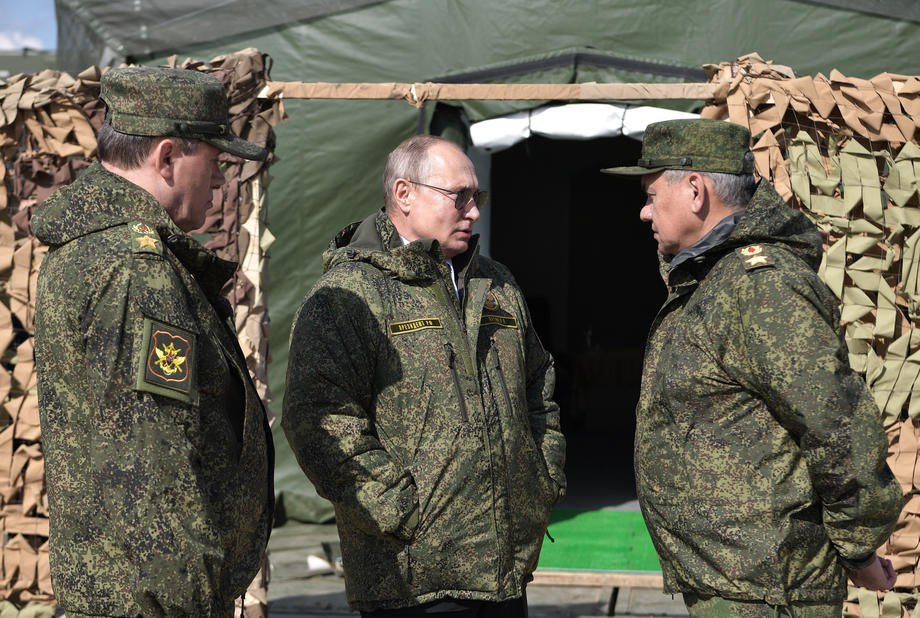
The former chief prosecutor of the United Nations international criminal tribunals for the former Yugoslavia and Rwanda has urged the International Criminal Court (ICC) to issue an arrest warrant for russian president Vladimir Putin. ICC prosecutors have started collecting the evidence of war crimes committed by russia in Ukraine.
Lb.ua has asked leading Ukrainian experts in international law to briefly comment on what could be qualified as a war crime, the chances of russia leadership being held responsible for them, the institutions authorized to investigate and resolve this type of cases, as well as possible timing and benefits for Ukraine.
Those interviewed by us include Oksana Zolotariova, Director General for International Law, Ministry of Foreign Affairs of Ukraine, Agent of Ukraine in International Courts; Mykola Gnatovskyy, First Vice-President of the Ukrainian Association of International Law, advisor to the Minister of Foreign Affairs of Ukraine; Oleksandr Merezhko, Ukrainian MP, Head of the Committee on Foreign Policy and Interparliamentary Cooperation.
Below we provide an aggregated blitz text.
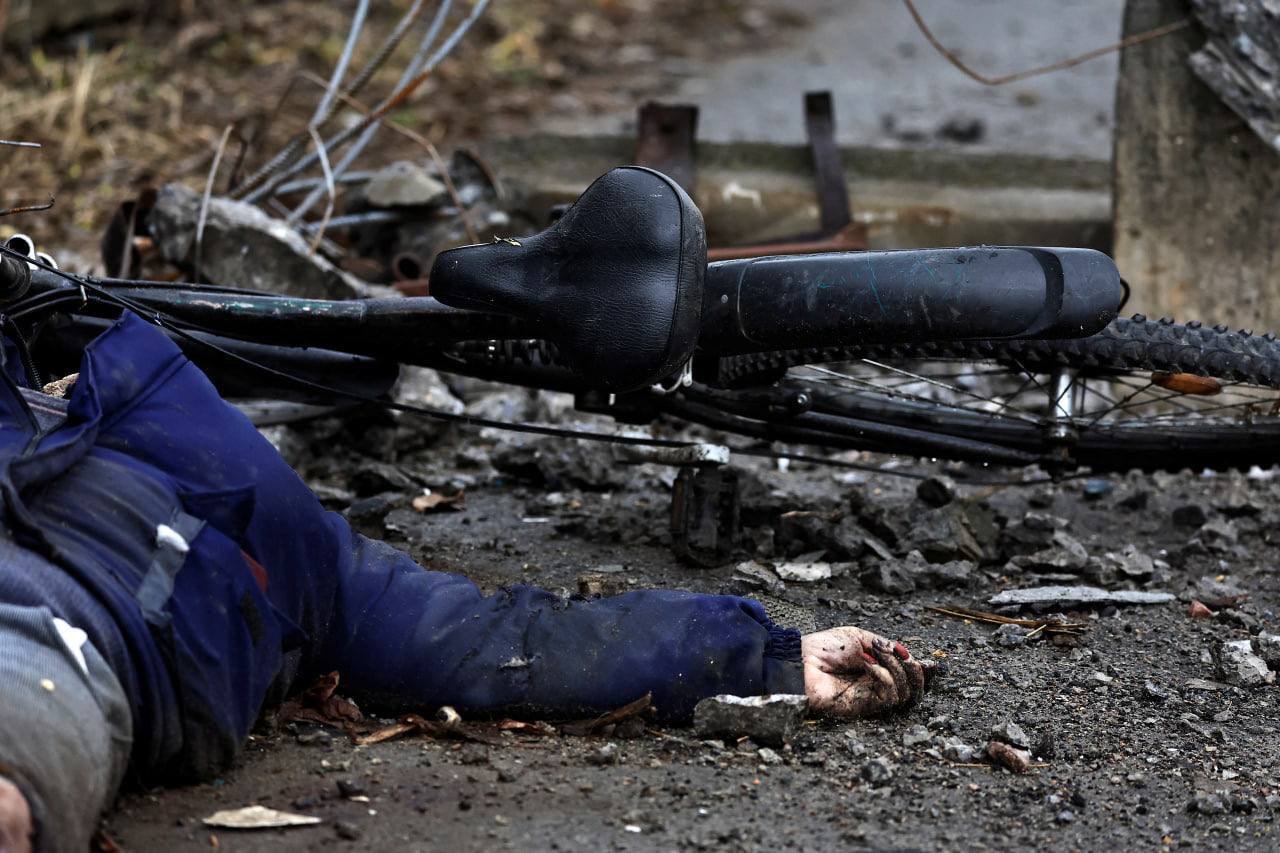
What is a war crime under international law?
War crime is a violation of laws and customs of war, i.e. of rules of international humanitarian law that incurs criminal responsibility. War crimes include, in particular, serious violations of four 1949 Geneva Conventions and the Additional Protocol I to them, as well as of customary rules of war.
In addition to war crimes, atrocities committed at war may be qualified as crimes against humanity (involving a widespraed or systematic attack against a civilian population as a part of a state or policy or policy of an rmed group) and as a crime of genocide (involving the intent not only to destroy people, but more specifically to destroy a national, ethnical, racial or religious group, as such).
What are the examples of war crimes?
Examples include killings, torture and rape of civil population and prisoners of war, as well as orders to take no prisoners. Forced movement of civilians. Bombarding and destruction of civilian, cultural and religious facilities. Military action in civilian areas, using military equipment in such areas. Appropriation and pillaging of civilian property, looting etc. The list of war crimes is set out in Article 8 of the Rome Statute.
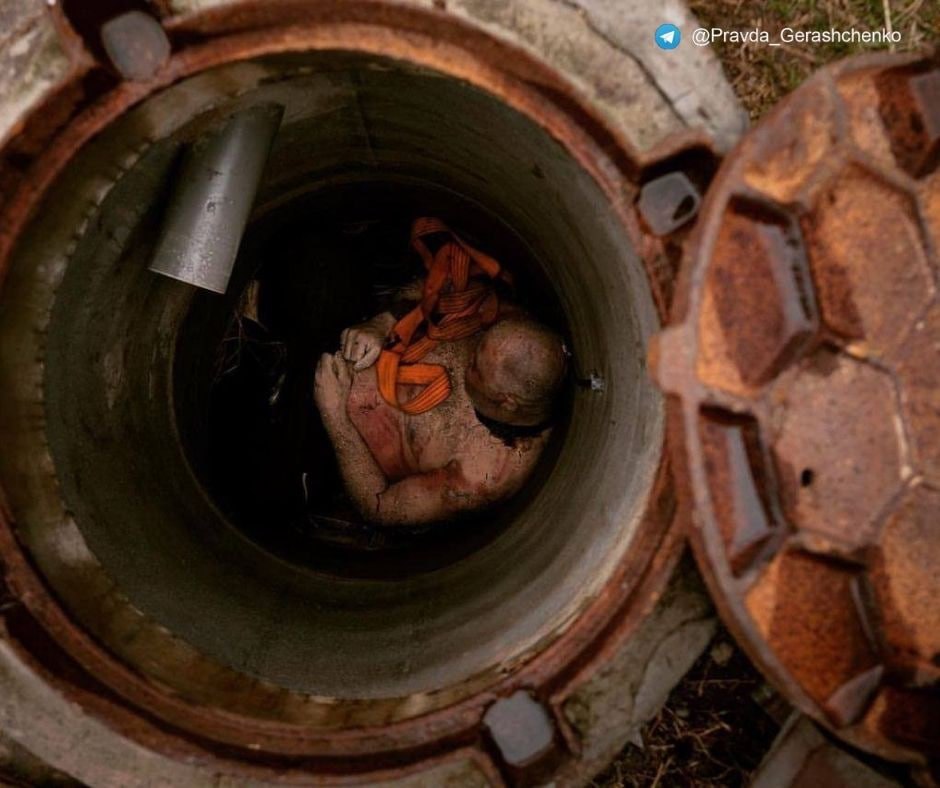
Who was recognized as a war criminal in modern history and what were the consequences?
Here we should mention those who were brought to justice in international criminal tribunals for the former Yugoslavia and Rwanda, as well as those prosecuted by the ICC.
International courts have prosecuted quite a few political and military leaders. For instance, the Yugoslavia tribunal convicted former Serbian President Slobodan Milošević (who died in the previous detention in Hague), former Presidents of Republika Srpska Biljana Plavšić and Radovan Karadžić; the Special Court for Sierra Leone convicted former Liberian President Charles Taylorfor war crimes; the International Criminal Court convicted a number of military leaders in African countries (Thomas Lubanga, Dominic Ongwen, Bosco Ntaganda etc.).
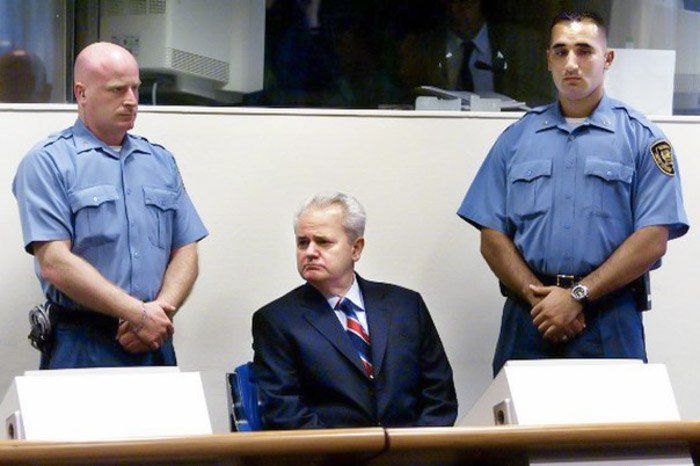
Is it realistic to prove Putin’s guilt?
International criminal law works in a way to permit bringing to justice not only the direct executors of atrocities, but also their superiors up to the very top of the chain. This is known as the concept of “command responsibility” providing that the superiors are criminally responsible for war crimes if they knew, or had reason to know, that their subordinates were committing such crimes and did not prevent them or did not take measures to punish the persons responsible.
Proving Putin’s guilt would be quite easy given that many of his crimes are obvious. Relevant evidence may include, among other things, his anti-Ukrainian video statements where he declared a direct order to launch an unlawful military action in the territory of the sovereign Ukrainian state. Being the commander-in-chief, russian president bears responsibility for these crimes and crimes against humanity committed by russian armed forces.
In addition, there is a crime of aggression which is considered to be a leadership crime under international law - those who made the decision to attack another state in breach of the UN Charter bear responsibility for it. The crime of aggression is important in our context, as russian leadership, starting from Putin, may be brought to justice for committing it.
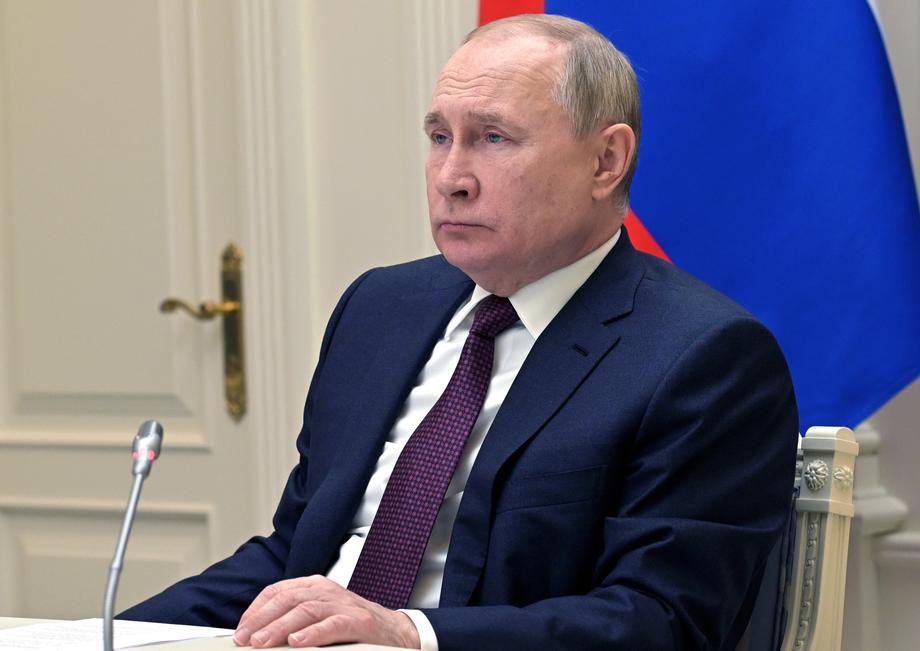
What benefits will Ukraine get from having the russian military, leadership and personally Putin recognized as war criminals?
First of all, this would make justice and international law prevail. Meaning justice for those who suffered from his policy. Secondly, this should have a deterrent effect on future potential war criminals. Thirdly, this would further isolate Putin, make him toxic for world leaders. In addition, this would permit Ukraine to be more persistent in its appeals to the international community for provision of all required military and economic support, as well as for the reinforcement of sanctions to fight the russian aggressor.
Who is authorized to investigate the crimes committed by russia in Ukraine?
War crimes and other international crimes committed during the russian military aggression against Ukraine may be investigated by Ukraine, foreign states, as well as the ICC which has relevant jurisdiction that has been accepted by Ukraine. The ICC is particularly needed to handle high-profile criminals who may be difficult to reach for national courts.
It is the ICC that has powers to investigate war crimes, crimes against humanity and acts of genocide. A team of ICC prosecutors headed by Karim Khan has already visited our country to investigate russia’s crimes in the territory of Ukraine. Different states are now reinforcing the ICC’s capabilities to ensure an efficient investigative effort. The number of investigators and prosecutors involved has been increased, in combination with additional funding. The Ministry of Foreign Affairs has invited ICC prosecutors to come to Bucha and conduct urgent investigative actions there.
Germany, Poland, Lithuania, Estonia, Latvia, France, Norway and Slovakia have launched their own investigations in accordance with the rules of criminal procedure. Such investigations are being conducted in close coordination with the Office of the Prosecutor General of Ukraine.
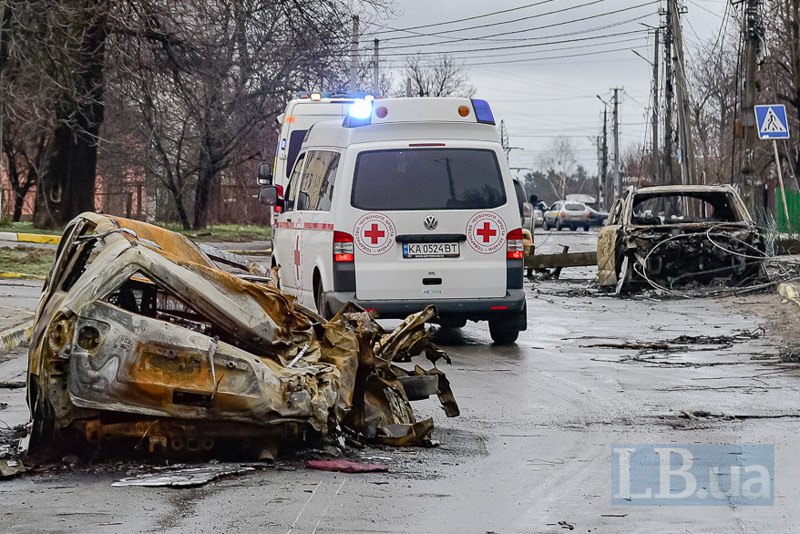
The main workload is on Ukraine, since the crimes were committed in the territory of Ukraine against Ukrainian nationals. However, leading lawyers and prosecutors across the globe are already assisting Ukraine and the Office of the Prosecutor General.
Which institution should run the proceedings - an existing court or a new tribunal?
In terms of war crimes and crimes against humanity, they should be addressed by Ukrainian courts, foreign national courts and the ICC which already have practical expertise in similar cases.
However, the situation is problematic with the crime of aggression against Ukraine, since only national courts currently have jurisdiction in its respect. The ICC cannot launch proceedings with respect to the russian aggression without either a russian consent or a resolution of the UN Security Council which russia will obviously block. This is why there is a proposal to establish the Special Tribunal for the Punishment of the Crime of Aggression against Ukraine. It can be set up by several states via an international treaty or by Ukraine in an agreement with an international organization (the UN, EU or the Council of Europe).
The background is unfavorable in terms of the crime of genocide. In 2015, when Ukraine was accepting the jurisdiction of the ICC over crimes committed during the russian aggression, such jurisdiction was only extended to war crimes and crimes against humanity. Back then no one thought about covering the crime of genocide as well. Given the recent developments, including in the Kyiv region, Ukraine should urgently apply to the ICC for the extending its jurisdiction over the crime of genocide committed within the territory of Ukraine, at least starting from 2022.
What is the procedure for filing a claim and collection of evidence?
Each of the Ukrainian prosecutor’s office and the ICC has its own procedure. The Ukrainian one is based on national laws, i.e. the code of criminal procedure. Efforts have already been synchronized, so everything will be documented both under the national criminal code and the international law, in compliance with the established regulations and protocols. Required assistance will be provided to the representatives of the ICC who are collecting evidence and conducting the investigation in our territory. Evidence has to be collected in line with all applicable requirements and standards of criminalistics and in full compliance with the requirements to effective investigation, as established by the practice of various international courts.
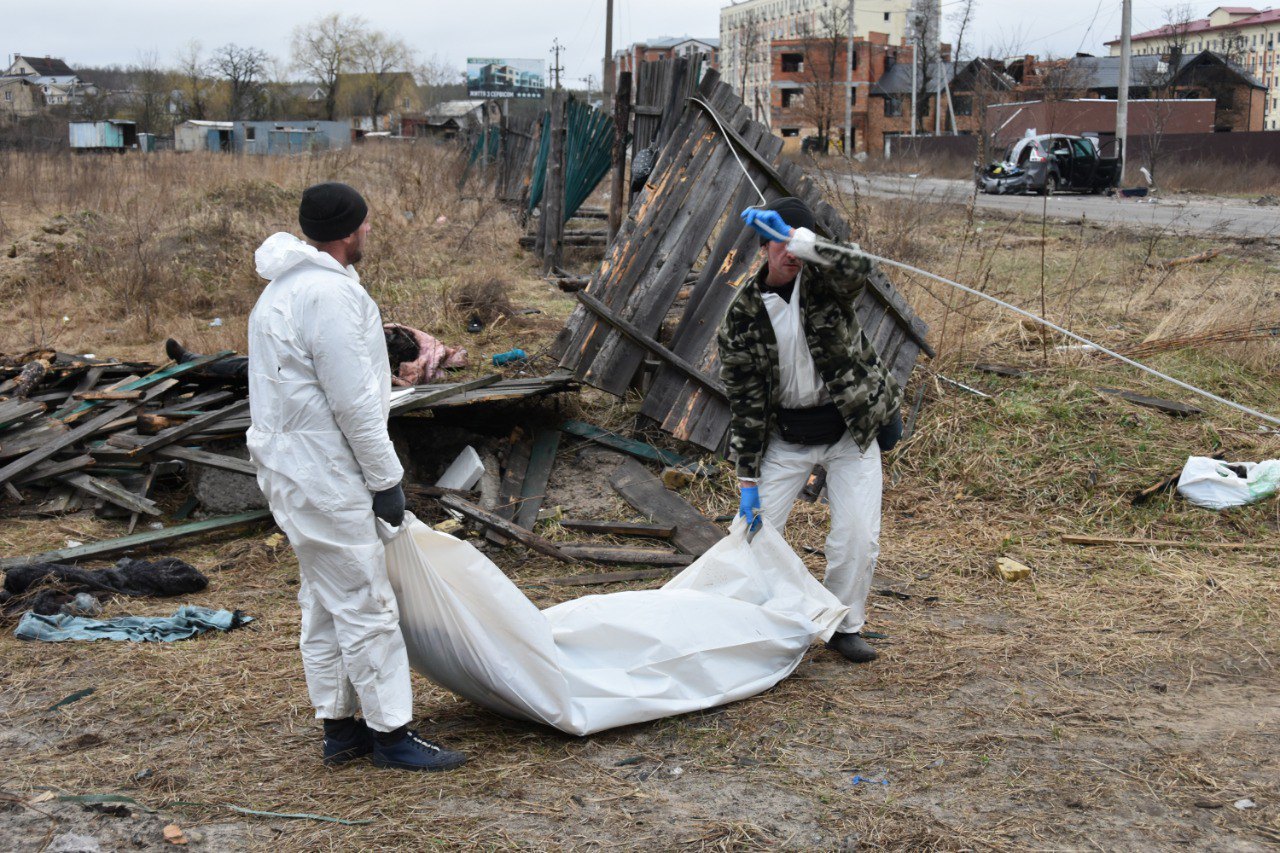
How long can it take to collect and document the evidence and witness statements?
The most valuable time is now, while the evidence is still fresh. This is why the professional approach to documentation is a must. Prosecution authorities are already involving fcriminal law experts, bomb-disposal experts, cynologists, forensic-medical examiners, and doctors. The initial stage may take some weeks. However, the entire process will obviously take much longer.
Will it matter that Ukraine has not ratified the Rome Statute?
Generally, the lack of Rome Statute’s ratification does not prevent the investigation and the hearing of cases by the ICC. However, the ratification may speed things up. In addition, Ukraine has accepted the jurisdiction of the ICC over crimes against humanity and war crimes.
At the same time, Ukraine lacks a number of procedural powers in the ICC (e.g., to refer any case to the ICC), the right to vote at the Assembly of State Parties, the ability of Ukrainian nationals to be nominated for key positions with the ICC, including a Judge of the Court.
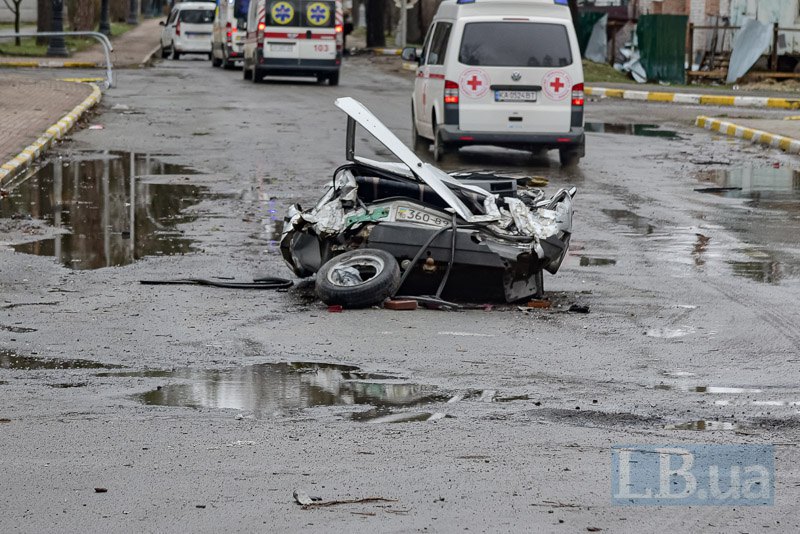
There is no rational reason to further postpone the ratification of the Rome Statute and amendments to it by Ukraine. In addition, another factor standing in the way of Ukrainian prosecutors and investigators and hindering their ability to qualify and investigate war crimes in the most efficient manner is that the President of Ukraine has not yet signed the law passed by the Parliament in May last year. This law brings the Criminal Code of Ukraine in line with the requirements of modern international humanitarian and international criminal law. This step is long-awaited and should have been already made. We can still work under the existing version of the Criminal Code of Ukraine, however, less efficiently than we could.








